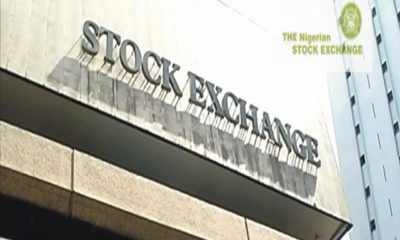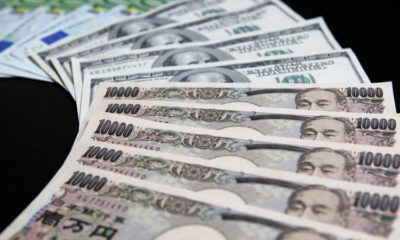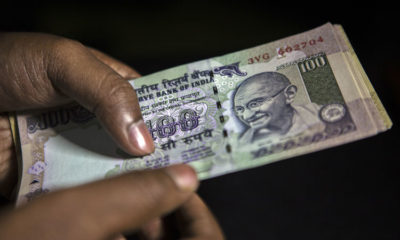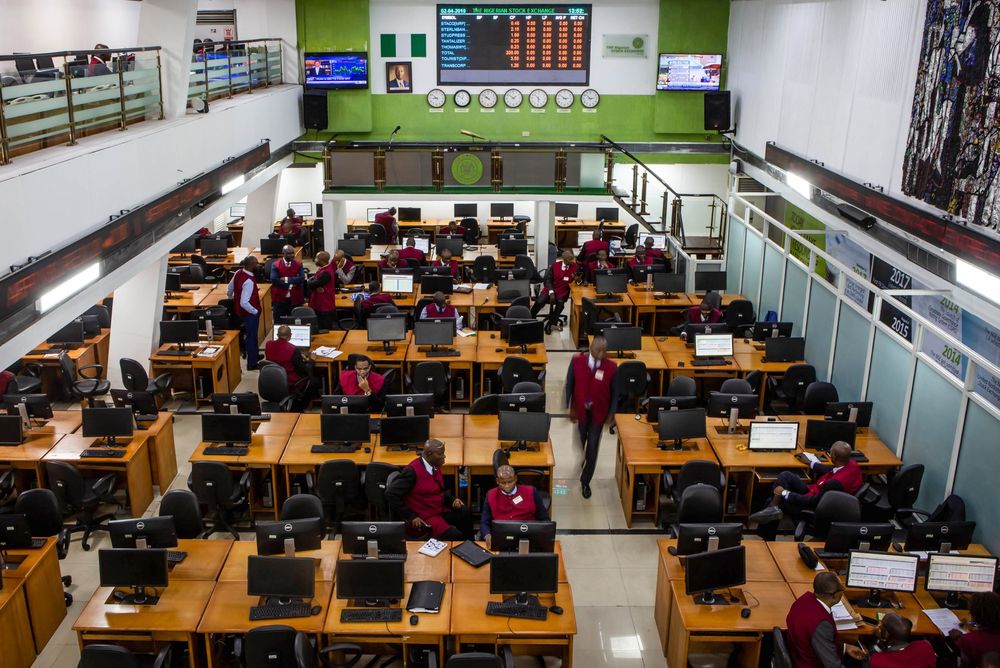Amazon, Apple, Microsoft, Others Hit $7.1 Trillion Market Cap
As opposed to the automotive industry, hotel chains, airlines, and millions of SMEs fighting to cope with the COVID-19 crisis, the world’s leading tech companies have been remarkably unaffected by the effects of the coronavirus outbreak.
Defying the state of the global economy, three out of the Big Five companies, including Apple, Microsoft, Amazon, Google, and Facebook, posted double-digit revenue growth for the nine months of the current year. All of them also witnessed an impressive market cap growth in 2020.
According to data presented by StockApps the combined market capitalization of the Big Five companies surged by 46% YTD to $7.1trn.
Amazon Market Cap Rose by $740bn YTD, the Biggest Increase in 2020
The COVID-19 caused one of the biggest surges in technology investment in history by forcing millions of people to work from home and shop online amid the pandemic. Moreover, it made investors flock to the tech sector, expecting tech companies to boom in an economy whose future arrived before the schedule.
In December 2019, the combined market capitalization of Apple, Microsoft, Amazon, Google, and Facebook amounted to over $4.9trn, revealed the Yahoo Finance data. After the stock market crash caused by the coronavirus outbreak, this figure dropped to $4.5trn in March.
However, the market cap of the Big Five companies recovered during the second quarter and hit over $6trn in June, a 24% jump in six months. Statistics show this figure increased by more than $1trn since then, reaching over $7.1trn at the end of last week.
The Yahoo Finance data showed Apple’s market cap jumped by 56% since the beginning of 2020. In December 2019, the combined value of stocks of the US tech giant stood at nearly $1.3trn. Since then, this figure increased by $730bn, reaching $2trn last week, and pushing the company far ahead of last year’s leader Microsoft.
Microsoft market cap jumped by 36% YTD, growing from over $1trn in December 2019 to $1.64trn last week. The company also reported $110.2bn in revenue in the first nine months of 2020, 13% more than the same period a year ago.
However, statistics indicate the US tech and eCommerce giant Amazon witnessed the most significant market cap increase in 2020, with the total value of its shares soaring by 80% YTD. In December 2019, Amazon market capitalization stood at around $920bn. Over the last eleven months, it jumped by almost $740bn, reaching $1.66trn last week. Statista data also revealed the company’s revenue in the nine months of 2020 hit $260.5bn, a 35% increase year-over-year.
Two More Companies Join the $1 Trillion Club
While Amazon’s success during the pandemic seems logical, considering millions of people who switched from brick-and-mortar stores to webshops, the relative immunity against the crisis shown by Google and Facebook is more of a surprise. Especially considering the two companies rely heavily on advertising spending, which dipped noticeably during the COVID-19 pandemic.
Alphabet market cap rose by 12% since the beginning of the year, growing from $921bn in December to over $1trn last week. The Statista data also showed the company’s revenue in the nine months of 2020 jumped by 9% YoY to $125.6bn.
The world’s most popular social network and the fifth-largest tech company globally, Facebook, has witnessed a 42% increase in market capitalization since the beginning of the year. The combined value of all Facebook stocks rose from $585bn in December 2019 to $835bn last week, while its revenue for the nine months of 2020 was up by 17% YoY to $57.9bn.
Besides Apple and Microsoft as the two largest tech companies by market capitalization, Amazon and Alphabet also joined the $1 trillion club this year, despite the COVID-19 crisis.


 Forex3 weeks ago
Forex3 weeks ago
 Naira2 weeks ago
Naira2 weeks ago
 Billionaire Watch2 weeks ago
Billionaire Watch2 weeks ago



 Naira3 weeks ago
Naira3 weeks ago






 Naira2 weeks ago
Naira2 weeks ago




 Naira1 week ago
Naira1 week ago




 Naira4 weeks ago
Naira4 weeks ago






 Naira1 week ago
Naira1 week ago






















